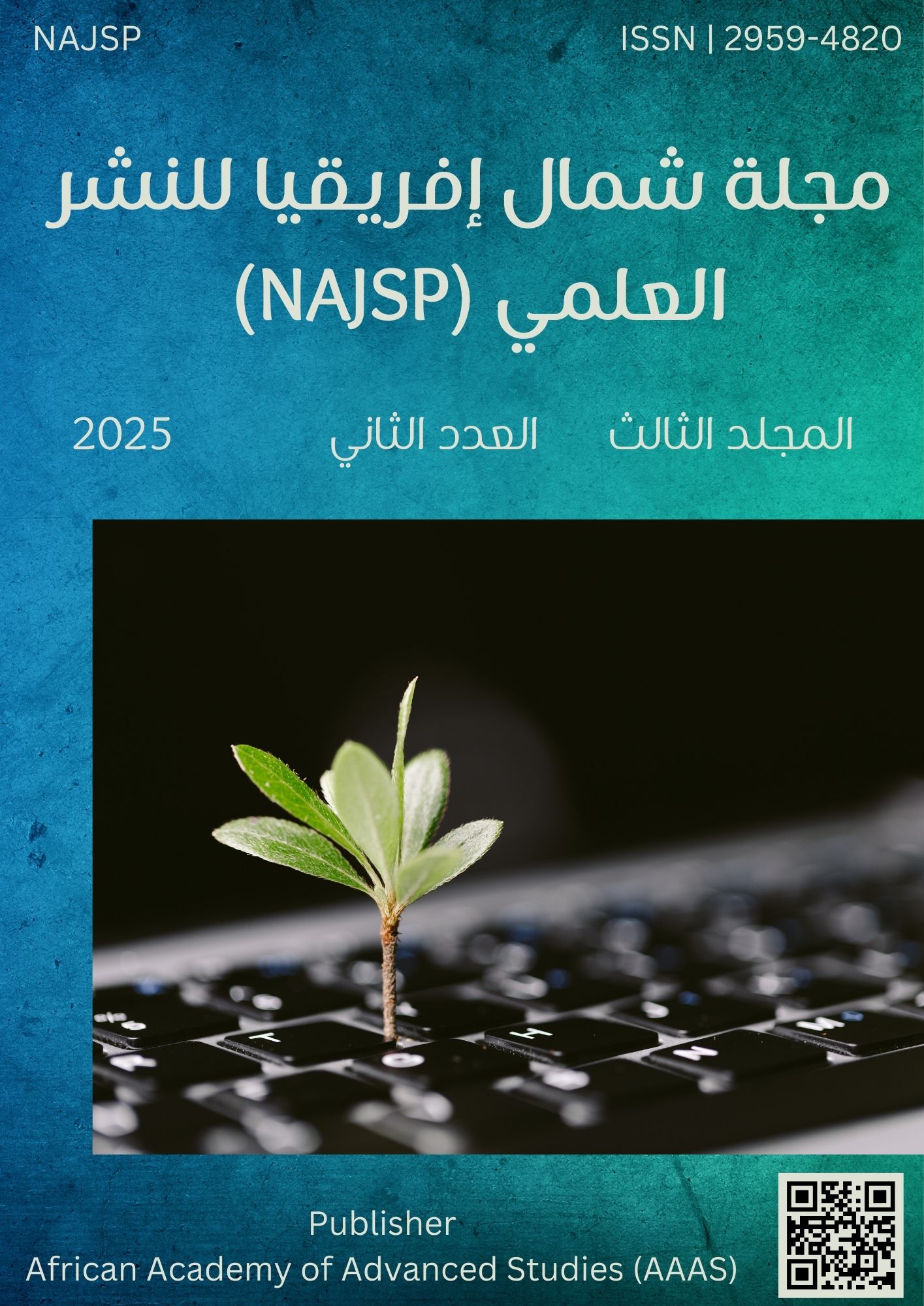Conflict Analysis on Bank Employees' Performance in Realizing Service Quality: A Case Study from Libyan Banks
DOI:
https://doi.org/10.65414/najsp.v3i2.412Keywords:
Workplace conflict, employee performance, service quality, conflict resolution, training programs, Libyan banksAbstract
his study examines the impact of workplace conflict on employee performance and service quality in Libyan banks, specifically focusing on the Bank of Commerce and Development (BCD), National Commercial Bank (NCB), Libyan Foreign Bank (LFB), Commercial Bank of Libya (CBL), Jumhouria Bank, and Arab Bank for Investment and Foreign Trade (ABIFT). A mixed-method approach, combining both quantitative and qualitative data, was utilized to evaluate how conflict affects employee well-being, job performance, and customer service outcomes and assess the effectiveness of conflict resolution strategies. Data was collected through surveys from 300 customers and 200 employees, interviews with 20 senior managers, and HR and customer feedback reports. Results show that workplace conflict, particularly managerial conflict (mean = 4.2), significantly impacts employee performance and service quality across all six banks. Pearson’s correlation analysis indicates a negative relationship between all conflict types and service quality, with managerial conflict showing the strongest correlation (-0.60). Regression analysis reveals that 61% of the variance in service quality is explained by workplace conflict (R² = 0.61). Training programs were most effective in CBL and ABIFT, reducing absenteeism by 53.85% and transaction time by 1.4 minutes. Effective communication improved collaboration in BCD and Jumhouria Bank, while mediation was most impactful in NCB and LFB. Paired sample t-tests showed significant improvements post-intervention, with training programs having the largest impact on performance (t = 10.23, p < 0.0001) and service quality (β = 0.55, p < 0.0001). Performance metrics analysis demonstrated reductions in absenteeism (53.85%), transaction time (1.4-minute reduction), and customer complaints (46.81%). These findings highlight the importance of conflict resolution in enhancing employee productivity and service quality. In conclusion, effective conflict management through communication and training is crucial for improving employee performance and customer satisfaction in Libyan banks.
Downloads
Published
How to Cite
Issue
Section
License
Copyright (c) 2025 Yousef Emhemed S Ennaami, Ahmed Abdelsid Guma

This work is licensed under a Creative Commons Attribution 4.0 International License.







